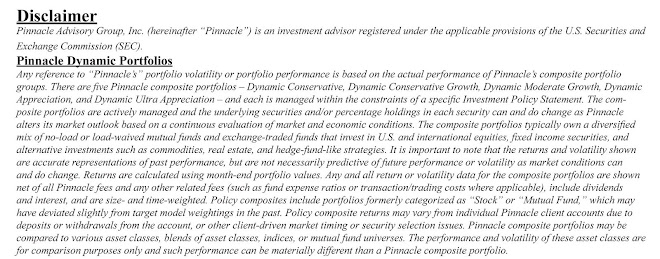Playing chicken is a game where two players play and one wins if the other loses his or her nerve. An example might be two cars racing towards each other at high speed where both drivers know that one of them will have to turn in order to avoid a dangerous collision. The loser is the driver who turns first. Of course the loser is called the “chicken.” For most of us, avoiding dangerous games of chicken comes under the category of common sense, and for investors the idea of playing chicken is the opposite of sound risk management.
Nevertheless, I can’t help but think that the current market environment for investors is something akin to playing chicken. The stock market is being driven by accommodative fiscal and monetary policy that can’t be continued indefinitely. The Federal Reserve has expanded its balance sheet with a dizzying array of programs called TARP, TALF, PPIP, and more, all designed to bail out banks that are too big to fail. In addition, the Fed is buying bonds in the open market to add even more liquidity to the mix. The resulting yield curve is very steep and cash yields nothing, driving investors into risk assets in the short run. Another not so surprising result of 0% interest rates is a falling dollar, which is another bullish development for corporate earnings - in the short run. Third quarter GDP was a strong 3.5% fueled in large part by stimulus programs that distorted both new home sales and auto sales. Finally, momentum investors and carry traders who borrow dollars at 0% interest rates and invest them in stocks, commodities, and bonds worldwide are having a field day. After all, we’ve seen this play before. The last time the central bank reduced interest rates to such low levels for such a long period of time was in response to the 2000-2002 market crash/recession, and the result was a five year bull market in virtually every risk asset class around the world. The stock market is exhibiting all of the symptoms of a momentum and liquidity driven bull market. After last year, who wants to miss out on this action? In fact, many institutional managers simply can’t afford to miss any of these gains considering the horrifying results they turned in last year.
But….the stock market is beginning to get expensive. The ten-year normalized P/E ratio for the S&P 500 has climbed over 20 times earnings from a low of 13 times earnings in March. Stimulus programs are due to end. At some point the dollar is sure to rally. Higher taxes, higher regulation, and higher savings rates are looming in the near future. It’s hard to find an analyst who thinks this bull market will take out the 2007 highs. So investors are nervously trying to stay invested, looking to see who will be the first to get out of the game. It feels like a game of chicken to me. We are hurtling towards the market top at the end of this cyclical bull market….and if you are the first one out and the market continues higher you lose. However, of great interest to investors is that in this game of chicken, being the last one out of the market will create the biggest loser.

